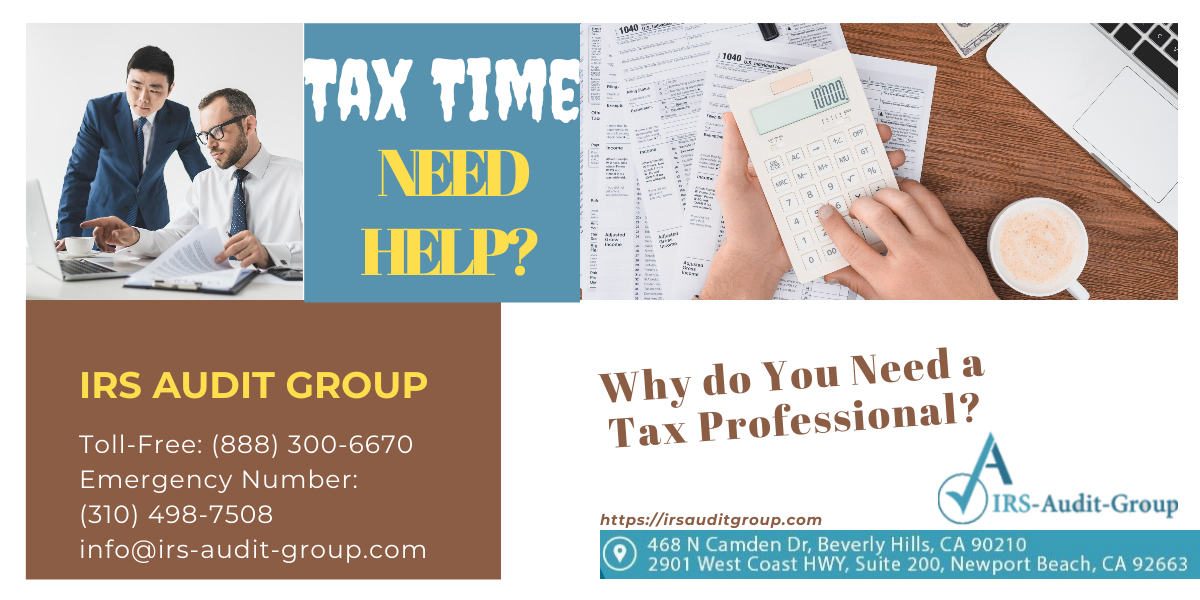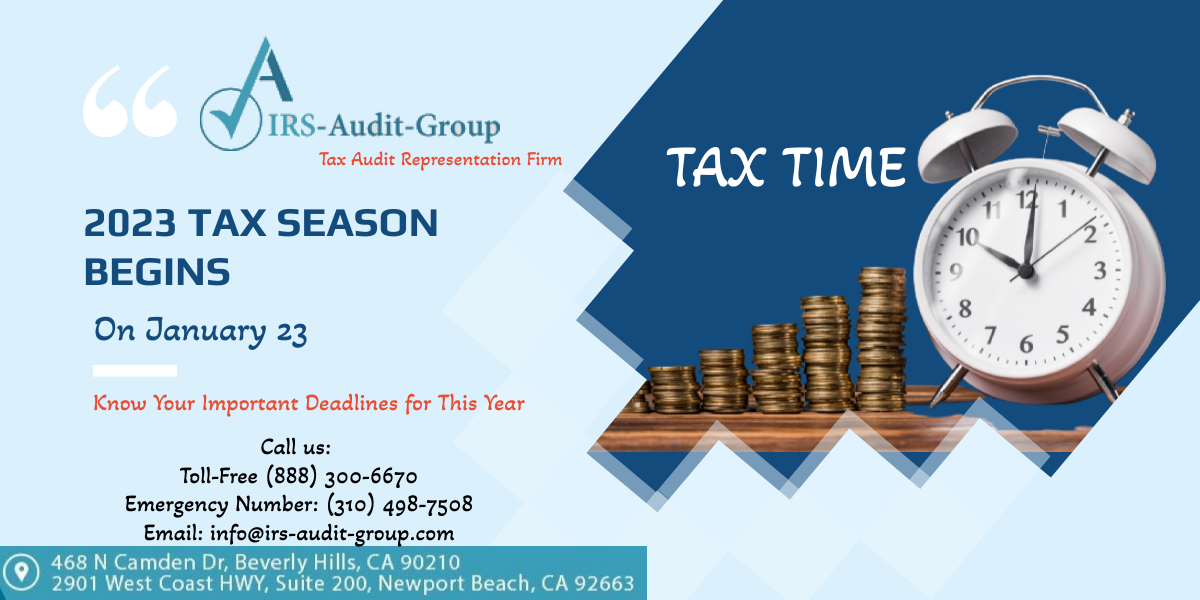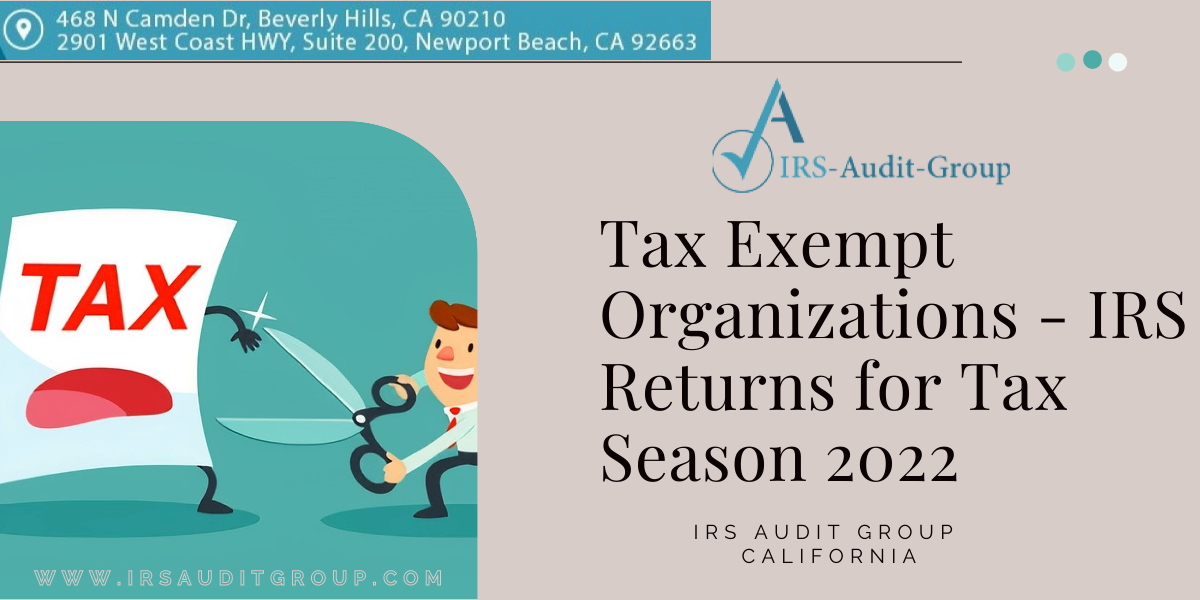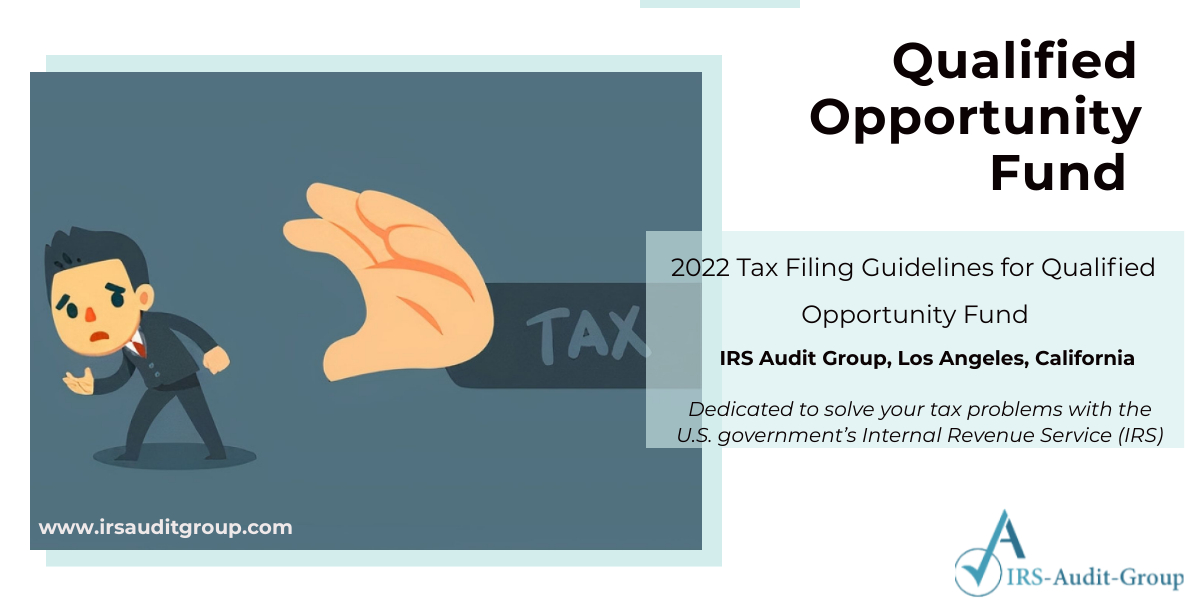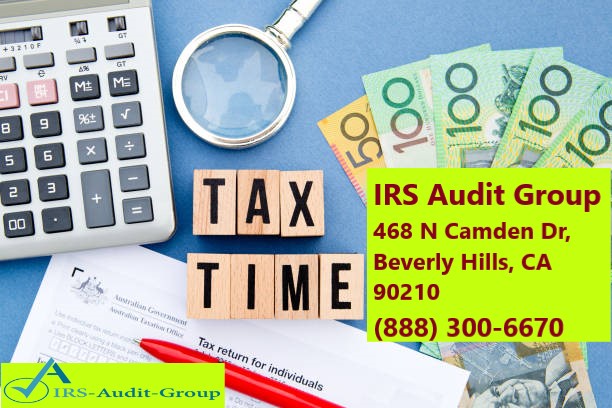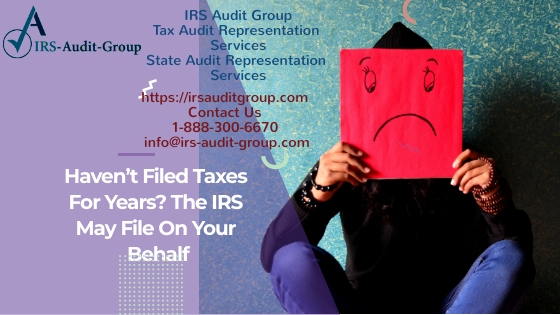Tax Season 2023 has already started, and the deadline is Apr 18, 2023, for the 2022 tax filing. While preparing tax returns, taxpayers are expected to have completed all relevant and important paperwork in hand. This aids in the accuracy of tax filing. There are chances of errors and omissions in the tax filing which results in the delayed filing as well as delayed tax refunds. A tax preparation checklist will keep you organized and help you feel less stressed when it’s time to file your taxes. There are multiple benefits if you engage a Certified Tax Professional as well.
Benefits of Engaging a Certified Tax Professional
Numerous credits, exemptions, and deductions can significantly reduce your tax obligation. It is good to hire a tax professional who goes through such minute details and prepares the tax return to reduce obligation in compliance with IRS rules. Such tax professionals will thoroughly examine the tax details, and at the same time, the tax professional will take all care to avoid the burden of an IRS audit at a later stage. If you own a business or have a complicated personal tax return, engaging a tax professional is especially advantageous. Here are a few advantages of engaging tax professionals.
- Helps to develop a Tax Strategy
- Knows how to represent clients for tax audits.
- Knows how to make a report taking into account the audit.
- Reduce errors.
Tax Filing Modes
Whether you’re an individual or a business owner, you need to pay taxes under every head of income received. IRS recommends filing taxes electronically to get accurate filing and faster refunds. Two ways to transmit tax returns electronically are:
- By personal computer with online filing using tax prep software
- Through an e-file provider or tax professional who is an electronic return originator (ERO).
- Use IRS Free File or Fillable Forms for individuals with an adjusted gross income is $73,000 or less.
- Use a Free Tax Return Preparation website for Qualifying Taxpayers
Basic Documents Required to File Your Tax
- Personal Information includes your name, Social Security Card and number, Date of Birth, Home address, copy of last year’s federal and state tax returns, Bank Account number, and routing number to receive your refund by direct deposit.
- Dependent Information is needed when you claim someone is dependent on you. You need the dependent’s name, Social Security Number, and Date of Birth.
- Sources of Income include several different forms documenting the income you received in 2022. Some common ones include:
- W2s from your employer
- 1099-G for unemployment income and state and local tax refunds.
- 1099-R and SSA-1099 for retirement plan distributions and Social Security benefits.
- Records of any transition involving cryptocurrency
- Self-Employment and Business include the documents showing income earned as an independent contractor, record of all business income and expenses, documentation of home expenses, and records of business assets to be depreciated along with date and cost placed in service.
- Deductions lower your taxable income and increase your refund or decrease the amount of tax you owe. If you itemize deductions, you need information on medical expenses, premium paid for long-term insurance, real estate taxes, tax paid with your vehicle registration, documentation of casualty loss, and charitable donations.
- Tax Credits show expenses for higher education, Child Care costs, Adoption costs, and purchase of Health Insurance.
- Estimated Tax Payments are when you are self-employed and earn money that doesn’t have federal and state income tax withheld; you may have to make estimated tax payments. It includes estimated payments made during the year, prior year refunds applied to the current year, and any amounts paid with an extension.
- Proof of Losses is various financial losses faced that can be deductible. It may be stocks or other investments or records of any non-business bad debts that are not collectible.
IRS Audit Group is a Tax Audit Representation Firm located in Los Angeles, California. Irrespective of the location, our tax audit experts help clients across the country by representing them during IRS audits. With 15 years of experience in the industry, we do not outsource our services. A dedicated tax professional will be engaged with you from the beginning till resolving the case. Please contact us for further queries https://irsauditgroup.com/contact/
(888) 300-6670
Emergency Number: (310) 498-7508

